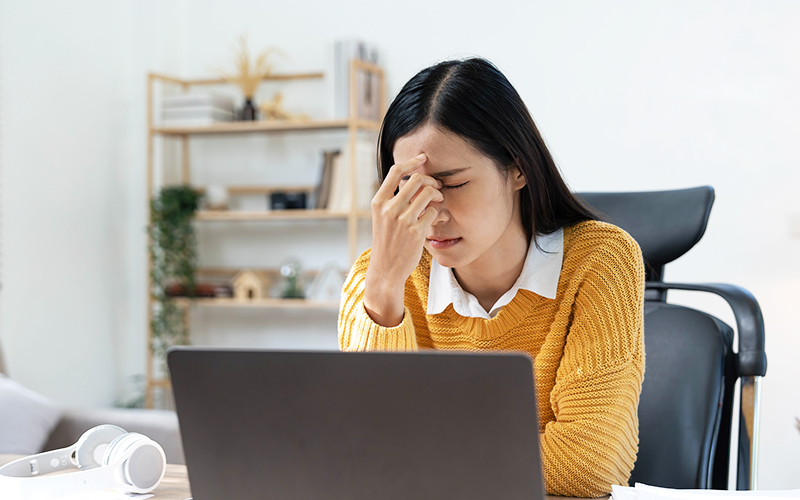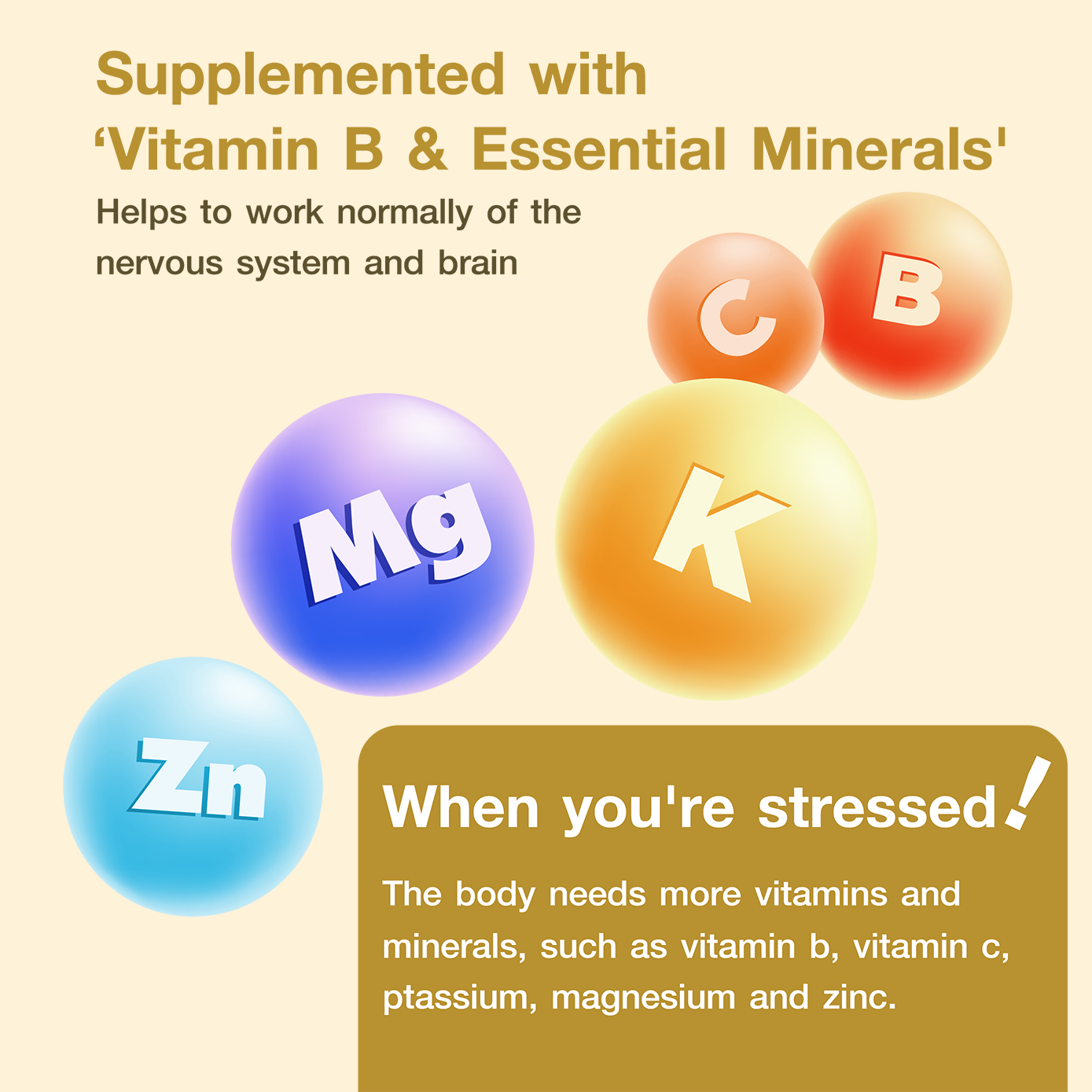A number of things can help you support a healthy stress response and minimise the knock-on effect mild stress can have on your health. Here are five simple strategies to get the ball rolling.
While mild stress is a very common feeling, with as many as three out of four Australians saying it regularly impacts their lives, the better news is there are many things you can try to do to feel better. Simply learning and understanding more about what mild stress is and how it manifests may be beneficial, but there are also some practical steps you can take to feel less stressed and to protect against the impact that stress can have. And when you learn that long-term stress can impact your health and wellbeing doing what you can to keep a lid on your stress levels makes sense. Here are five ideas to try.
Get a good night’s sleep.
Research shows that it’s harder to cope with stressful events and situations that crop up when we’re tired, mostly because when we haven’t had enough sleep we tend to react more strongly to those events. A variety of things can help you improve your sleep quality, everything from being consistent with bed- and wake-up times to creating a restful bedroom. Finding 10 minutes a day to practise mindfulness meditation may also help.
Eat plenty of fruit and vegetables.
The results of an Australian study published in 2021 show that people who eat more fruit and vegetables are less stressed than people with lower intakes. The exact reason why isn’t clear yet, but the fact that fruit and veggies contain a wide range of vitamins, minerals and antioxidants that have been linked to better mental wellbeing is thought to be key. Try to eat at least five serves of vegetables and two serves of fruit every day.
Move more.
A few different studies have shown that physical activity can help protect against stress. While some research shows that a single, 30-minute exercise session can dampen down stress levels for hours afterwards, perhaps thanks to the positive impact it has on areas of the brain that regulate emotions, other research shows its getting enough, regular exercise across the week that counts. Aim to do 150-300 minutes of moderate intensity physical activity each week, making the effort to do something active most days, and preferably every day.
Give someone else a helping hand.
This might sound like something that will contribute to your stress levels by adding another ‘thing’ to your to-do list, but research suggests the opposite is true. In a nutshell, when you provide help or support to others, you buffer yourself against the negative impact that day-to-day stressors can have. And lending a helping hand doesn’t have to be a big deal in order to be effective – something as simple as holding a door open for someone or asking if they need help reaching something in the supermarket can deliver the protective effect.
Supporting a healthy stress response Some supplements can help relieve and address the symptoms of mild stress and nervous tension, including:
Vitamin B supplements.
Taking a vitamin B supplement can support a healthy stress response in the body.




















































